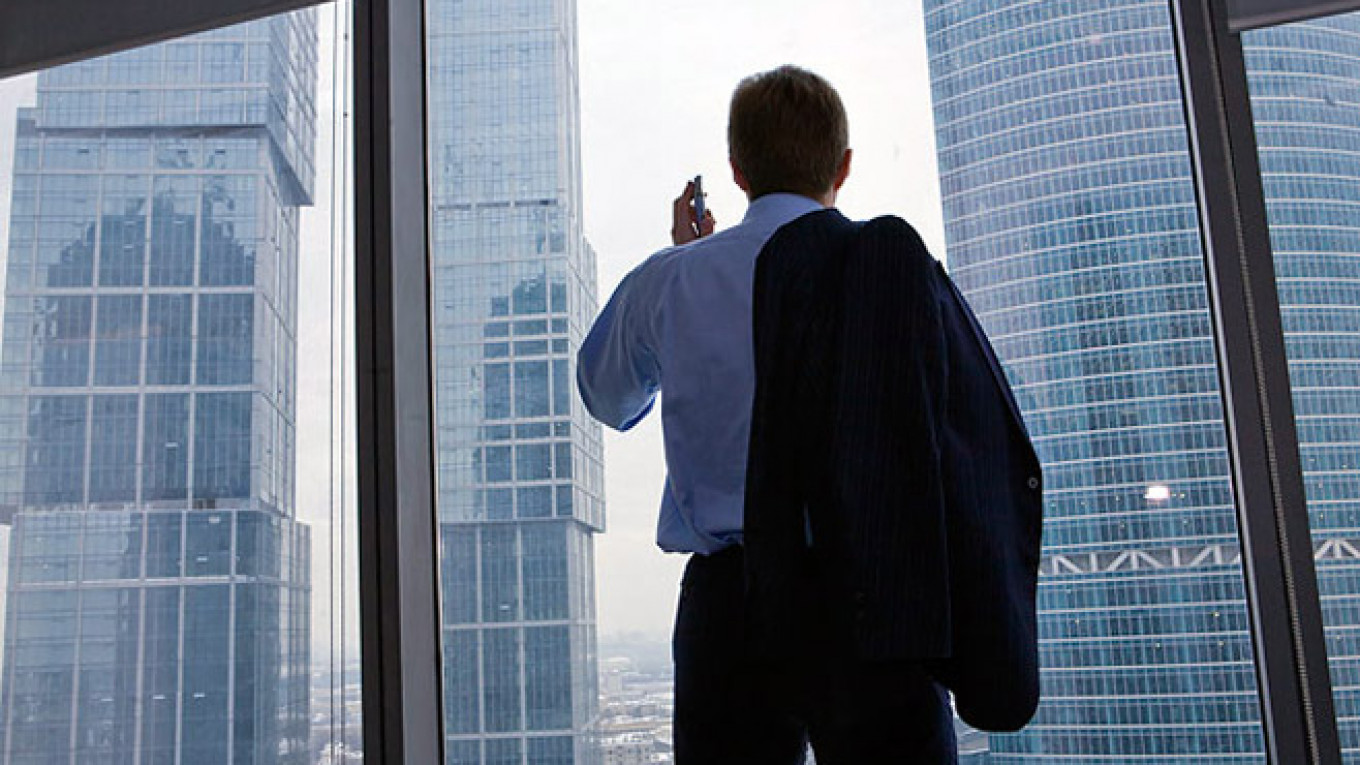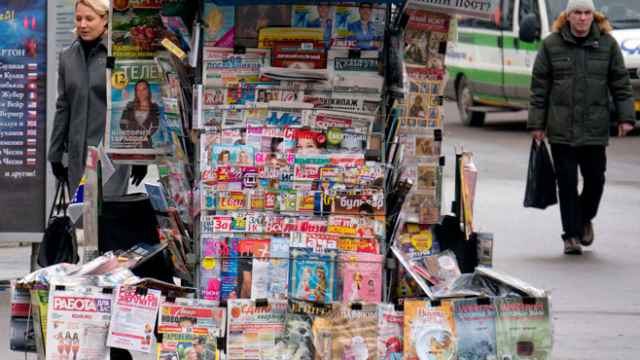Western sanctions have forced some foreign directors to step down or curb their activities on the boards of publicly traded Russian companies, leaving a critical gap that few domestic candidates are equipped to fill, the Interfax news agency reported Tuesday.
The number of foreigners in such posts has fallen 14 percent since the beginning of the year, Alexander Ikonnikov, head of the supervisory board of Russia's Independent Directors Association, said during a press conference Tuesday.
The statistic is based on the experience of companies that participated in this year's "50 best independent directors" rating, which the association compiled. All the companies had a market capitalization of at least 40 billion rubles ($940 million).
The drop in foreigner directors is large part due to U.S. and EU sanctions, which have prohibited Americans and Europeans from providing certain financial services to sanctioned firms. Foreigners working in top roles in companies that have business ties with sanctioned entities may also risk violating their government's restrictions.
Most of the foreign board members forced to step down have been citizens of countries with sanctions against Russia, Interfax quoted Ikonnikov as saying. The U.S, EU, Canada, Australia, Norway, Switzerland and Japan have all imposed sanctions on Russia over its annexation of Crimea in March and alleged ongoing support of separatist rebels in eastern Ukraine.
Companies are now experiencing an acute shortage of Russian independent directors with the experience and skills needed to work at a high level of corporate governance, Ikonnikov said. An independent director is defined as a member of a company's board of directors who has no financial relationship with the company other than the fees he or she receives for their duties.
"There aren't many such directors on the market, and it is a real challenge to Russia's entire professional community of directors," Ikonnikova said.
Viktoria Semerikova, head of corporate solutions at Russia's Federal Property Management Agency, said that state companies are also having difficulty filling these vital top-level posts.
"We are already seeing situations when it is necessary to replace someone who has been an independent director in a given place for more than seven years, but there are extremely few candidates of that level on the market," Interfax quoted Semerikova as saying.
Contact the author at [email protected]
A Message from The Moscow Times:
Dear readers,
We are facing unprecedented challenges. Russia's Prosecutor General's Office has designated The Moscow Times as an "undesirable" organization, criminalizing our work and putting our staff at risk of prosecution. This follows our earlier unjust labeling as a "foreign agent."
These actions are direct attempts to silence independent journalism in Russia. The authorities claim our work "discredits the decisions of the Russian leadership." We see things differently: we strive to provide accurate, unbiased reporting on Russia.
We, the journalists of The Moscow Times, refuse to be silenced. But to continue our work, we need your help.
Your support, no matter how small, makes a world of difference. If you can, please support us monthly starting from just $2. It's quick to set up, and every contribution makes a significant impact.
By supporting The Moscow Times, you're defending open, independent journalism in the face of repression. Thank you for standing with us.
Remind me later.






